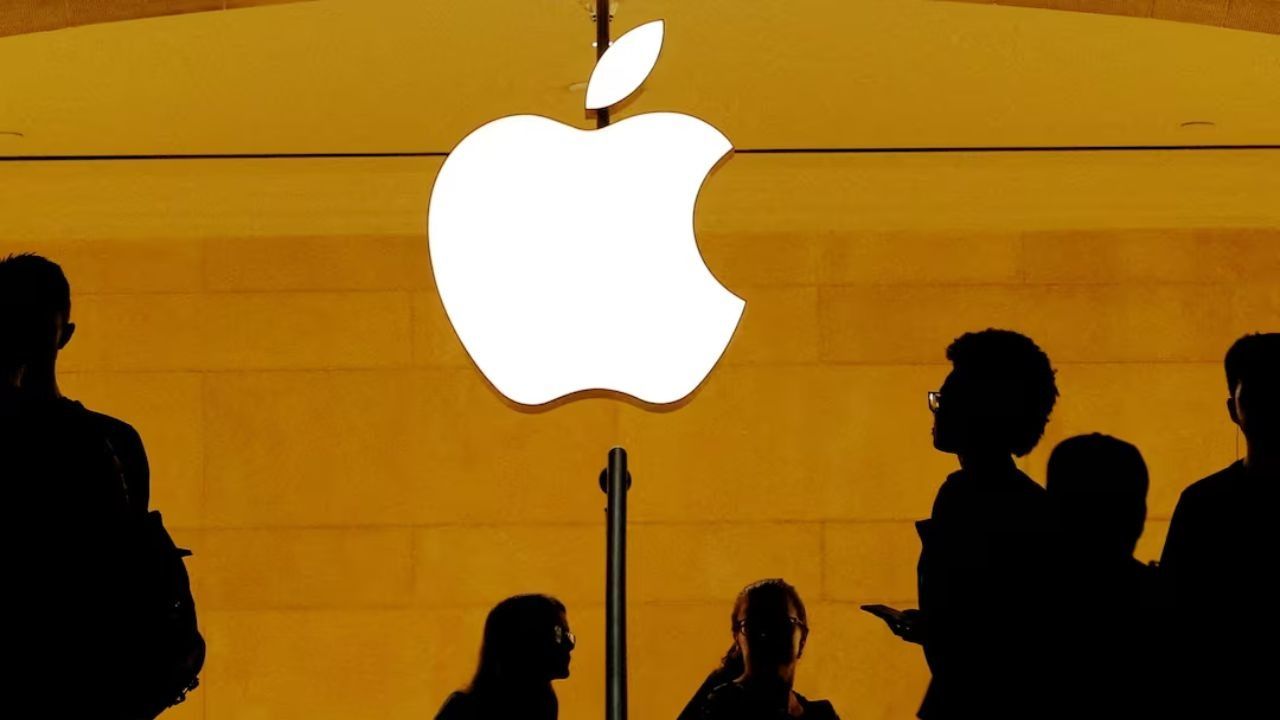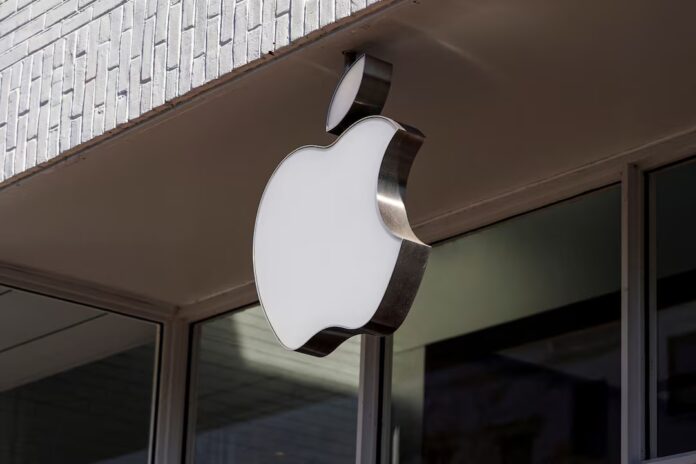Apple has requested to participate in the landmark U.S. antitrust trial targeting Google, arguing that it cannot rely on the search giant to adequately defend its multi-billion-dollar revenue-sharing agreements. These agreements, which make Google the default search engine on Apple’s Safari browser, have been a major source of income for the iPhone maker, earning Apple an estimated $20 billion in 2022 alone.
The trial, set for April, could reshape the online search landscape. The Department of Justice (DOJ) is pushing for measures that might include breaking up Google’s business units, such as its Chrome web browser and Android operating system, to foster competition. Google, meanwhile, has proposed less drastic changes, such as loosening its default agreements with device manufacturers and carriers but stopping short of ending revenue-sharing deals.
Apple’s Role in Google’s Trial
In court filings submitted on 23rd December 2024 in Washington, Apple expressed concerns that Google, amid the DOJ’s broad efforts to dismantle its operations, may not be able to fully represent Apple’s interests. “Google can no longer adequately represent Apple’s interests: Google must now defend against a broad effort to break up its business units,” Apple’s legal team stated.
The Cupertino-based tech giant has indicated it plans to call witnesses to testify at the trial. Apple’s defense will focus on preserving its lucrative arrangement with Google, which benefits both companies but is now under scrutiny for potentially stifling competition in the online search market.

Revenue-Sharing Agreements Under Fire
Apple and Google’s partnership revolves around agreements that make Google the default search engine on Safari, Apple’s native web browser. In return, Google shares a portion of its advertising revenue generated through search queries conducted on Safari.
In 2022, this deal reportedly brought Apple $20 billion, making it one of the largest revenue-sharing arrangements in the tech industry. However, prosecutors allege that such deals consolidate Google’s dominance in online search while limiting consumer choice and innovation.
The DOJ’s case seeks to prove that Google’s practices violate antitrust laws, calling for significant changes to restore competition. Prosecutors may even argue for the sale of Google’s Chrome browser or Android operating system as part of the remedy.
Google’s Defense and Proposals
Google has offered to loosen its default agreements with mobile-device manufacturers, browser developers, and wireless carriers, but it has resisted calls to end revenue-sharing agreements outright. The tech giant maintains that these arrangements are standard industry practices and benefit both partners and users by improving the quality of online searches.
A Google spokesperson declined to comment on Apple’s intervention or the ongoing trial.

Apple’s Position on Search
In its court filings, Apple confirmed that it does not intend to develop its search engine, regardless of whether the revenue-sharing agreements with Google continue. This statement quells speculation that The iPhone manufacturing giant might use the trial as an opportunity to launch a competitive search platform.
Instead, Apple’s focus remains on defending the current system, which contributes significantly to its service revenue. The company argues that the agreements do not harm competition and are vital to maintaining the high-quality user experience Safari users expect.
Landmark Case with Far-Reaching Implications
The DOJ’s antitrust case against Google is one of the most significant in decades, with the potential to reshape how users access online information. If successful, it could lead to structural changes in Google’s operations and set a precedent for regulating other tech giants.
The trillion-dollar company’s involvement underscores the high stakes of the trial, not just for Google but for its partners and the broader tech industry. As the trial approaches, the debate over the balance between innovation, competition, and consumer choice will take center stage, with implications that could ripple across the digital economy.
It’s proactive stance reflects its commitment to safeguarding its interests while highlighting the interconnected nature of partnerships in the tech world. How the court navigates this complex landscape will shape the future of online search and the broader technology ecosystem.

